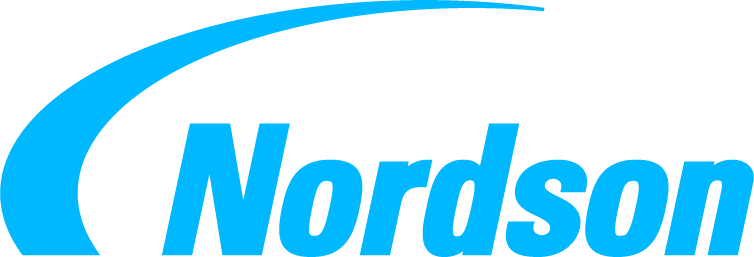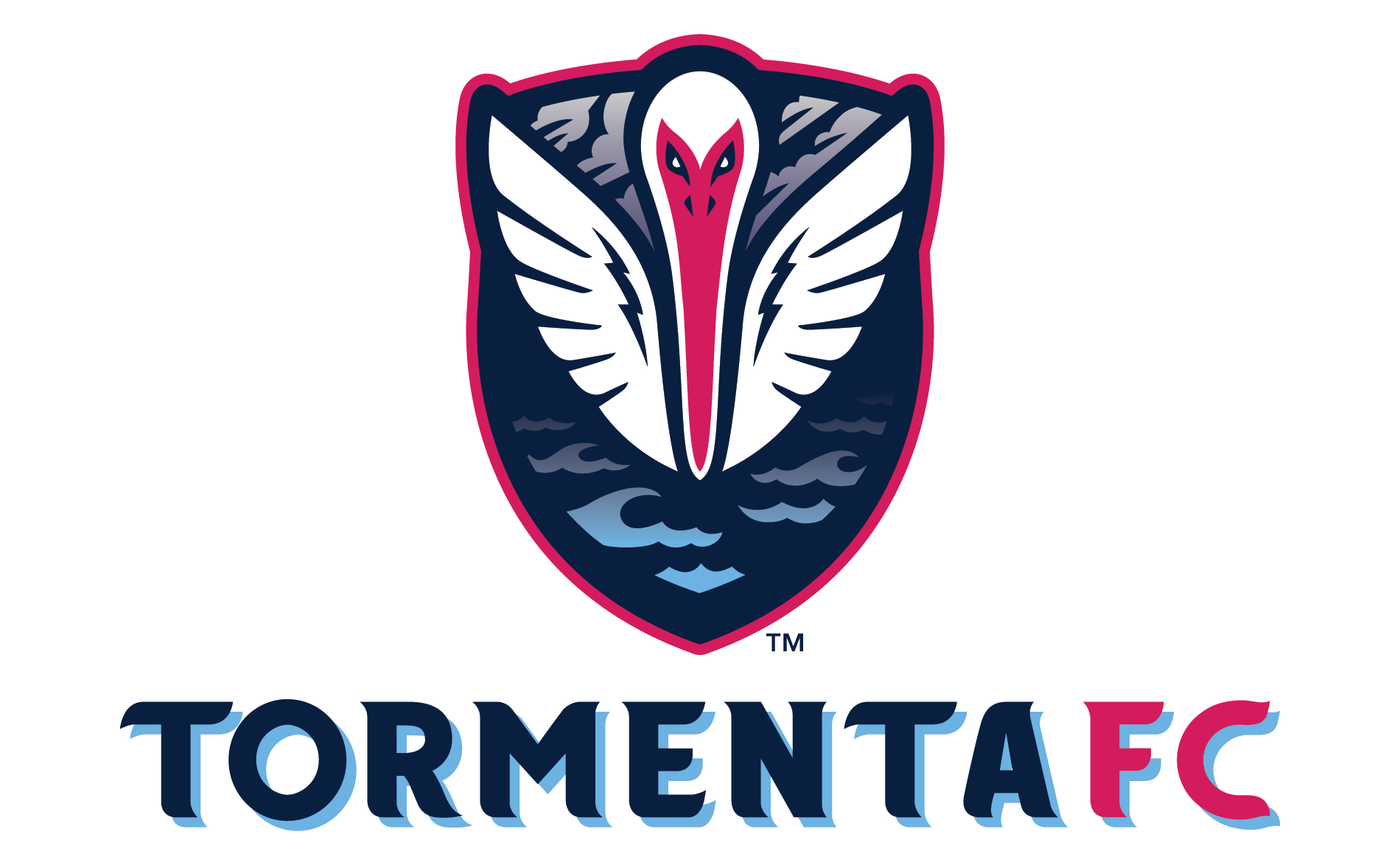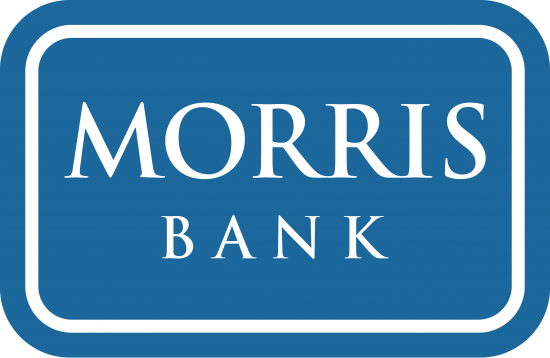Special Education
Major Information
The College of Education’s Department of Elementary and Special Education offers Special Education programs (P-12) to prepare people to teach students who have special needs that impact their ability to learn. Students learn to identify and teach students with emotional disturbances or developmental challenges. They also learn to work with students who have physical challenges such as blindness. Exceptional students fit into many different age groups and have a wide variety of special needs. There are students with physical disabilities such as deafness or blindness. There are also students with mental and emotional disabilities. Some students may have autism or have particular speech or language impairments. There are also students with a combination of disabilities. Our program prepares students to work with mild to moderate students with disabilities.
As a student in special education programs, you learn about many aspects of the field. You learn about the different kinds of barriers that exceptional students face when trying to learn. You study government laws and policies that affect these students. And you learn to identify the special needs of students and then plan an individualized course of study for each one. If you care deeply for students as individuals, love to teach, and possess a lot of patience and perspective, special education may be the program for you. Although certification is required for public school teachers (P- 12) in all 50 states, some states offer alternative teacher certification programs to attract otherwise qualified persons into the field. Aspiring teachers who need certification may also enter programs that grant a master’s degree in education, as well as certification.
General Information
GPA Requirement: 2.5
Degree(s) Offered:
- Bachelor of Science in Education: Special Education
- Concentrations in Reading, Language Arts, or Mathematics (choose one)
Sample Occupations
*Requires additional education
- Curriculum Specialist*
- Educational Administrator*
- Educational Researcher*
- Educational Resource Coordinator
- Grant Writer
- Guidance Counselor*
- Instructor, College/University*
- Librarian*
- Media Center Specialist*
- Resource Teacher
- School Psychologist*
- Social Services Worker
- Elementary, Middle, or Secondary Special Education Teacher
- Special Education Administrator
- Speech Pathologist*
- Student Personnel Administrator*
- Student Affairs Administrator*
- Student Admissions Administrator*
- Teacher, Special Needs Students
- Training Specialist
- Vocational Rehabilitation Counselor
Sample Work Settings
- Public and Private Schools
- Colleges and Universities
- Camps & Youth Services
- Non-Profit Agencies
- Pre-K Programs
- Preschools & Day Care Centers
- Churches & Community Centers
- State and Federal Government Agencies
Sample Employers
- Bulloch County
- Gwinnett County
- Savannah-Chatham County
- Cobb County
- Houston County
- Columbia County
- Quality Care for Children
- Atlanta Public Schools
- Forsyth County
- Clarke County
- Evans County
- Georgia Virtual School
Connecting Majors, Skills, and Occupations
- View learning outcomes associated with your major in the Georgia Southern Academic Catalog:
Georgia Southern Academic Catalog
- Explore the connection between occupations and skills in O*Net:
- Use Handshake to upload your résumé and explore internships and jobs. For more information:
Internet Resources
To explore values, interests, and skills:
FOCUS 2
bit.ly/focuscareer
Myers-Briggs Type Indicator (MBTI) – $18
To explore occupational outlooks and salaries:
National Compensation Survey www.bls.gov/ncs/
Salary.Com
Professional Organizations
American Federation of Teachers www.aft.org
American Educational Research Association www.aera.net
Association of Teacher Educators https://ate1.org/
Georgia Association of Educators www.gae.org
Professional Association of Georgia Educators www.pageinc.org
National Education Association www.nea.org
Georgia Southern Student Organizations
Student Professional Association of Georgia Educators (SPAGE)
Student Council for Exceptional Children (SCEC)
Professional Tips
- Make the most of your field experiences in the schools and maintain a high level of professionalism.
- Gain various volunteer experiences, especially in areas working with children such as Boys/Girls Club, Special Olympics, etc.
- Join student organizations and seek leadership opportunities such being an FYE Peer Leader.
- Consider partnering with a faculty member for additional research experience.
Résumé Tips
- Include correct degree title – Bachelor of Science in Education: Special Education.
- Include either in the Education section or a separate certification section information about passing the GACE. Might also state receiving a T-4 Certification (for undergraduate majors).
- Include field experiences and volunteer experience, especially anything working with children.
- Include additional certifications such as First Aid/CPR/AED and any endorsements.
- Education résumés can be 2 pages.
Last updated: 6/26/2013














